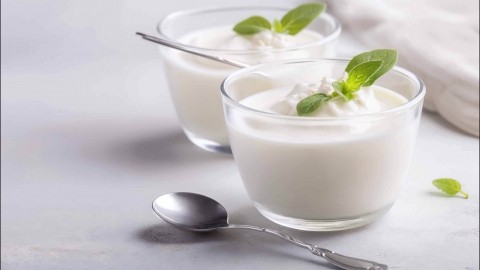Can people with cholecystitis eat sour foods?
Generally, whether patients with cholecystitis can consume acidic foods depends on the stage of their condition and individual responses. The details are as follows:

If the patient is in a stable phase, without symptoms such as abdominal pain, bloating, or nausea, and has previously consumed acidic foods without adverse reactions, they may cautiously try small amounts of mild acidic foods, such as apples, yogurt, or a small amount of vinegar. When consumed in moderation, these foods generally do not excessively stimulate gallbladder contraction and may help improve appetite and digestion. However, low-fat, additive-free options should be chosen, and overconsumption should be avoided.
If the patient is experiencing an acute episode, with symptoms such as right upper abdominal pain, fever, or vomiting, or if consuming acidic foods frequently causes stomach discomfort or distension and pain in the gallbladder area, acidic foods should be temporarily avoided. Excessively sour foods may irritate the gastrointestinal mucosa and indirectly trigger gallbladder contraction, exacerbating inflammation and increasing pain. Acidic foods should only be reintroduced gradually in very small amounts after symptoms have completely subsided and the body has recovered.
When consuming acidic foods, chew slowly and carefully monitor for any discomfort such as abdominal pain or acid reflux; discontinue immediately if symptoms occur. Avoid highly sour, overly sweet, or fatty processed acidic foods. Maintain a light, easily digestible diet rich in fresh vegetables and high-quality protein. If uncertain about personal tolerance, consult a doctor promptly to adjust the diet according to the condition.




